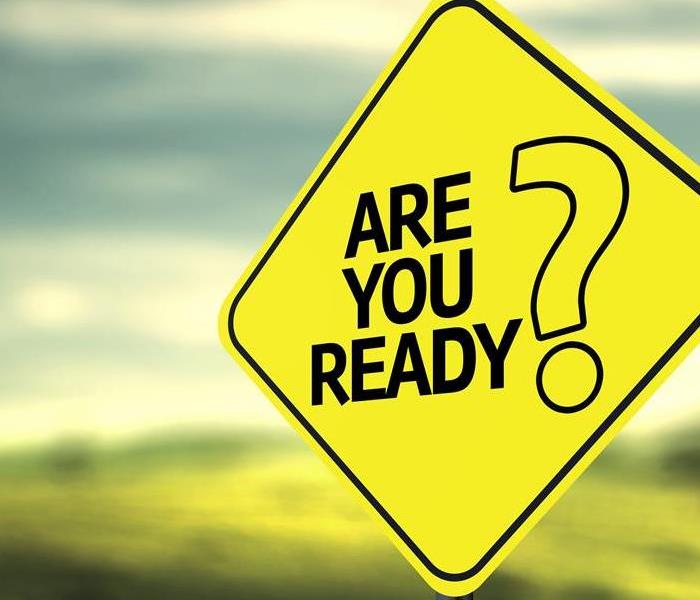If You Want To Serve and Protect, Here’s What You Need To Know
4/13/2018 (Permalink)
A career as a first responder can be exciting, fulfilling and rewarding, but it can also be very dangerous. As a responder, you will be asked to enter buildings and spaces from which others flee. To protect yourself, and to maximize your ability to help others, there are some precautions that you can take beforehand:
• Get your immunizations.
• Invest in the proper gear.
• Brush up on safety hazards.
• Know protocol.
Vaccinations Are Essential
Individuals who work in flood response are required to get two vaccinations: tetanus and hepatitis B. However, because flood waters are so dirty, and because you have no idea what type of germs you will come into contact with as a first responder, you should also talk to your doctor about getting the hepatitis A, cholera, rabies, typhoid and meningococcal vaccines. Though the rate of exposure is low, it doesn’t hurt to give your immune system a little boost.
Invest in the Right Gear
Though your department should provide you with the right gear, it’s helpful to know which gear is absolutely necessary. Chemical-resistant outer clothing, protective eye gear, and plastic or rubber gloves and boots are necessary for keeping contaminants out and your body safe.
Know the Risks
What type of gear you wear also depends on the type of risk you’re dealing with. For instance, if you’re working in a moldy home, chemical-resistant outer clothing may not be necessary, but a face mask would be. Know the risks so that you can show up prepared.
Know Protocol
You cannot help others if you yourself aren’t sure what to do. Brush up on standard protocol, and make it a point to further your education every chance you get. Also, do not assume that because you’re a disaster responder that you are immune from danger yourself. If you experience nausea, vomiting, stomach cramps, dizziness, extreme fatigue or other strange symptoms post-disaster, reach out to a medical professional ASAP.
Being a first responder in Brooklyn NY, can be very rewarding. To make it even more so, get your immunizations, invest in the right gear and understand protocol.
For more about Brooklyn click here.






 24/7 Emergency Service
24/7 Emergency Service